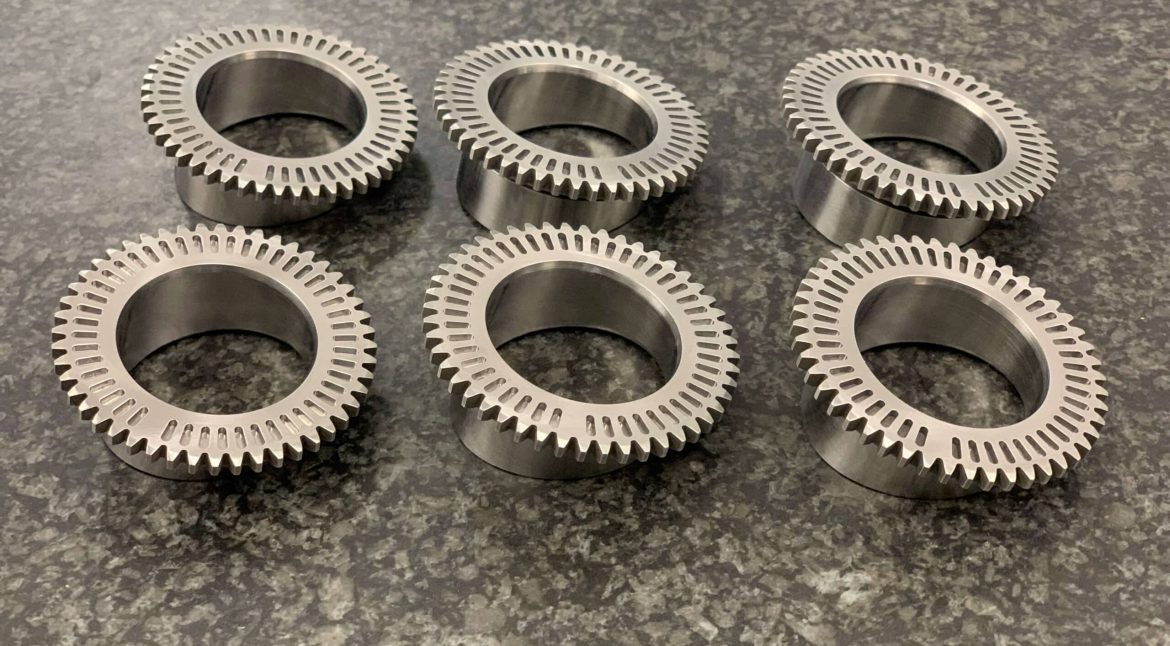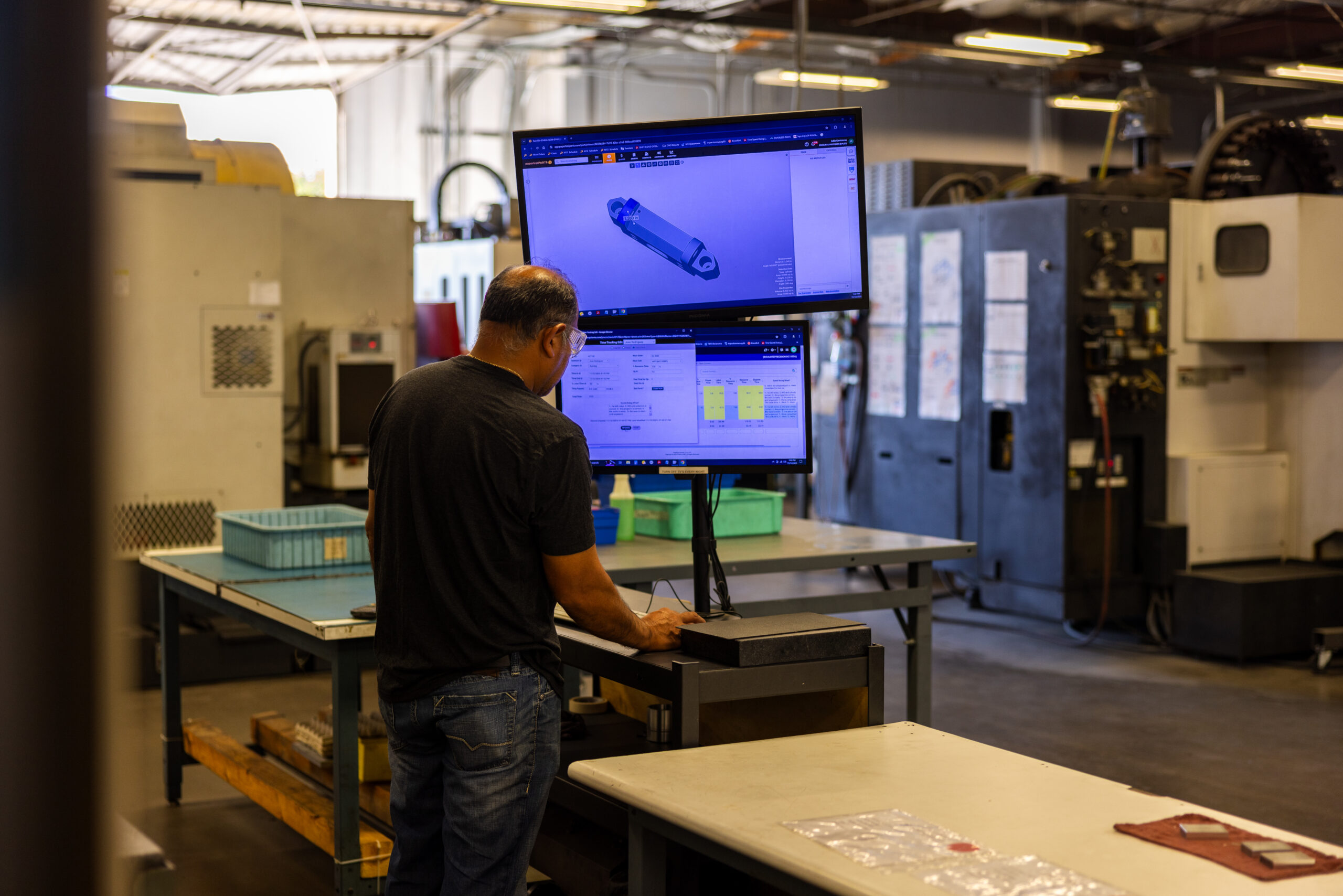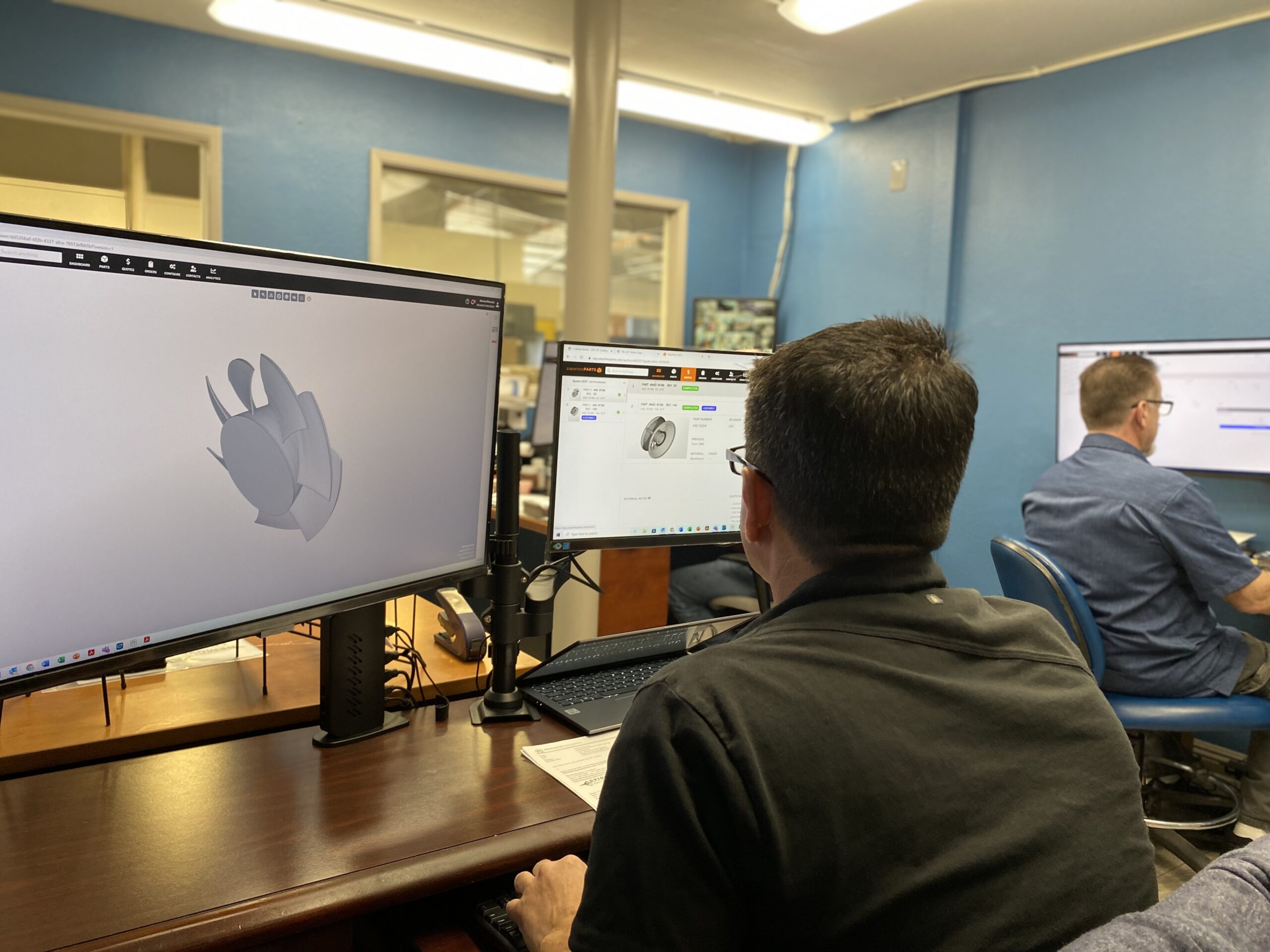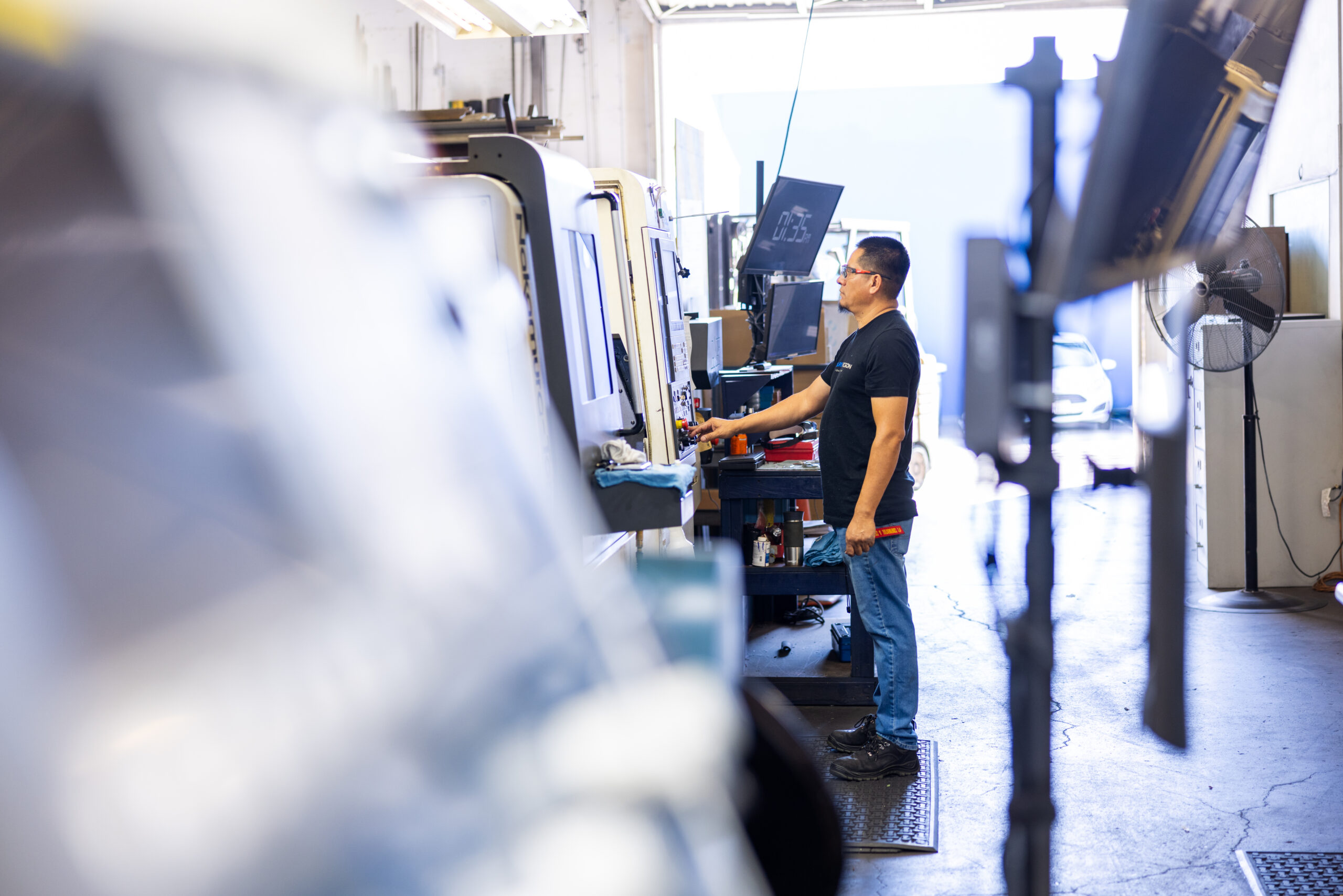At Ricaurte Precision, we’re committed to fabricating parts from the highest quality materials available. Even the most challenging materials don’t intimidate us.
We’ve already discussed our approaches to machining exotic materials like carbon fiber, magnesium, and graphite. Now, let’s give titanium a moment in the spotlight.
What Is Titanium?
Used to fabricate products ranging from wedding bands to bicycle frames, titanium is known for being simultaneously strong and lightweight. It is also highly resistant to heat and corrosion.
One of the top ten most abundant elements on Earth, titanium is available in several commercially pure grades as well as a series of alloys. The most common titanium alloy–used in half of the world’s titanium applications–is Grade 5 titanium, which can be heat treated for added strength.
Common Applications for Titanium
Due to its advantageous properties, titanium is an ideal material for various applications across industries like aerospace and defense, medical, and automotive.
Aerospace and defense
As aerospace manufacturers seek opportunities to “lightweight “ their parts—increasing fuel efficiency and improving the speed of the aircraft itself—titanium is the obvious material of choice. It’s strong and heat-resistant enough for even the highest-risk aerospace applications and doesn’t add weight the way a material like stainless steel would.
Medical
The same properties that make titanium ideal for aerospace applications have established it as a popular material for an array of medical devices, including pacemakers and defibrillators. Titanium is also non-ferromagnetic and biocompatible—important properties to consider for devices that will be placed inside the human body.
Automotive
Titanium’s heat resistance makes it incredibly useful in automotive applications such as engine components, which must be able to withstand extreme temperatures. Much like in aerospace, the trend toward lightweighting is a major industry focus, with automotive manufacturers increasingly looking to replace heavier components with lighter titanium alternatives.
Challenges of Titanium Machining
Titanium’s strength and durability can make it difficult to machine, and not all precision machine shops have what it takes to handle this material.
Twice as strong as aluminum, titanium is exceptionally hard on machine tools and often requires expensive carbide tooling to machine effectively. Operators must run the machines slowly to mitigate tool wear and produce accurate cuts, which can lead to higher costs and lead times.
From a sourcing standpoint, titanium can be difficult to procure amid ongoing supply chain disruptions. When it is available, it tends to be incredibly expensive.
Choose Ricaurte Precision for Titanium Machining
Understandably, some precision machine shops elect to avoid quoting titanium parts altogether. Ricaurte Precision, on the other hand, considers titanium machining one of our specialties.
In our Southern California location, we serve many aerospace and defense customers who need parts made from challenging materials. So we’ve made titanium machining a priority.
We maintain solid relationships with material suppliers to overcome supply chain challenges and invest in the necessary equipment and capabilities to fabricate exceptional titanium parts. One such capability is wire EDM, a toolless manufacturing method that can easily cut hard materials like titanium and Inconel.
Request a quote for your titanium parts!




